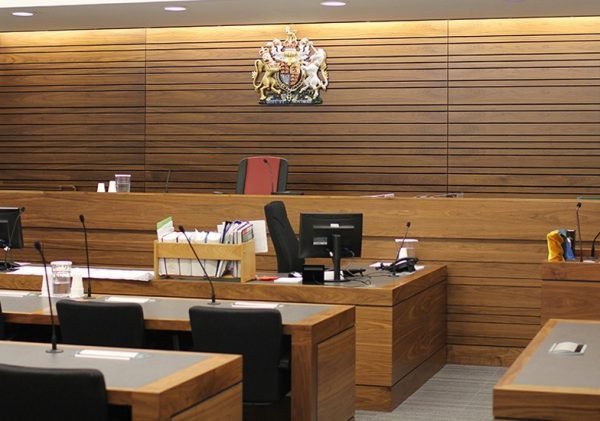The crisis surrounding the logjam in family courts presents a golden opportunity to think differently about the future, says the CEO of a leading family charity.
In a new article, Jane Robey of National Family Mediation, says it is clear the backlog of family court cases will take many, many months to clear.
She says this will hit families who are fervently hoping for a favourable outcome from a court hearing, having often spent thousands on legal fees. “They’re currently waiting months for the opportunity to, well, cross their fingers for that outcome. That wait is going to stretch further and further into the distance, well after vaccinations have taken effect,” she says.
Whilst she acknowledges the impact of Covid-19, she points out that “the family court logjam was well-established long before the nightmare of 2020 began.
“This crisis gives family law professionals a golden opportunity to think about things differently,” she says. “To seriously deploy the existing resources and services that are already available to help ease the growing pressure on the courts.”
With a plea to hit the ‘pause’ button, she continues: “The starting point should be for courts to focus on attendees who have not attended a Mediation Information and Assessment Meeting (MIAM), and refer them straight to mediation. To ask the basic question: is this case legitimately here?”
She draws particular attention to the need for families in conflict to be given realistic information about the long delays they are highly likely to encounter if they want a court hearing.
“They will stretch well in to 2021. Families need to be helped to understand that in the meantime they can do productive things to begin to resolve their disputes. Things like mediation which will at the same time help minimise disruption in their lives, and prevent further deterioration of already-fragile family relationships.
“The road out of this crisis has two lanes: family law professionals using existing services and powers; and families being equipped with information so they can proactively help themselves at this desperate time.”
In a rallying cry to the family law profession, she concludes: “Ministers have a part to play in leading the way. But we all do. Every professional who works with families in conflict can help ensure the depth of the family court crisis, and the way out of it, is well understood.”

